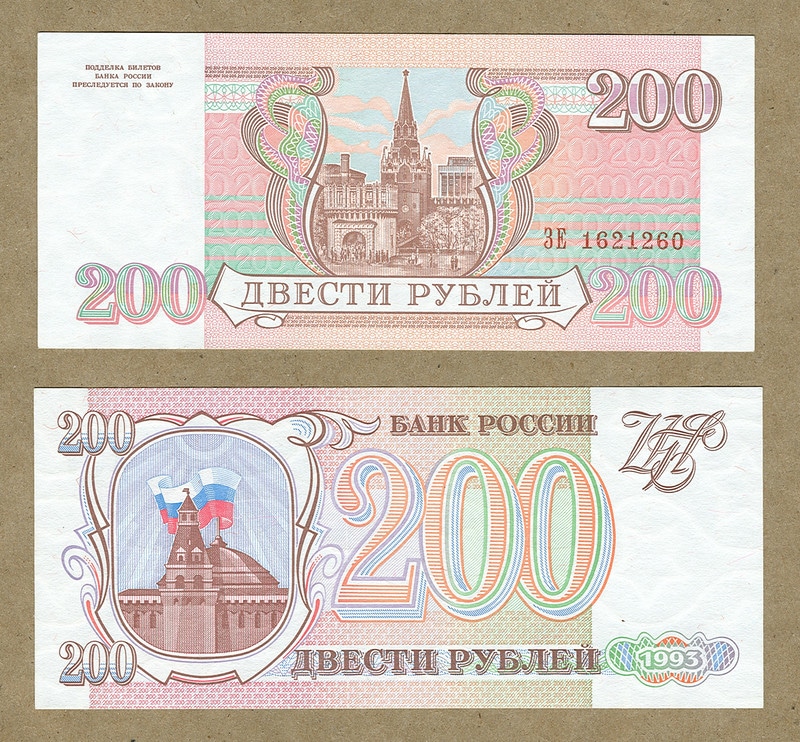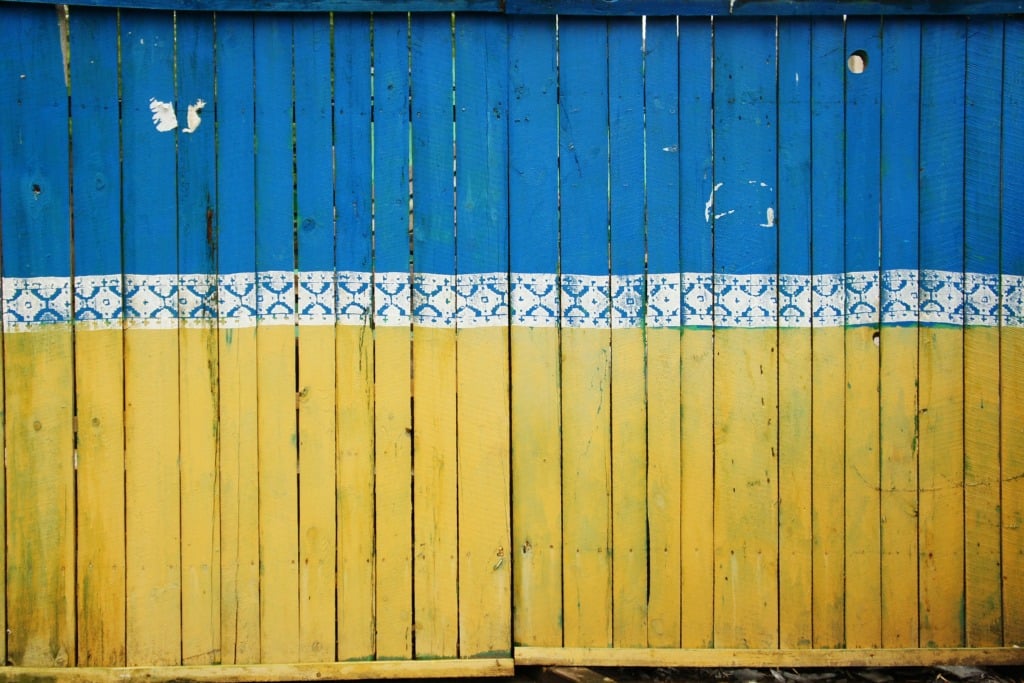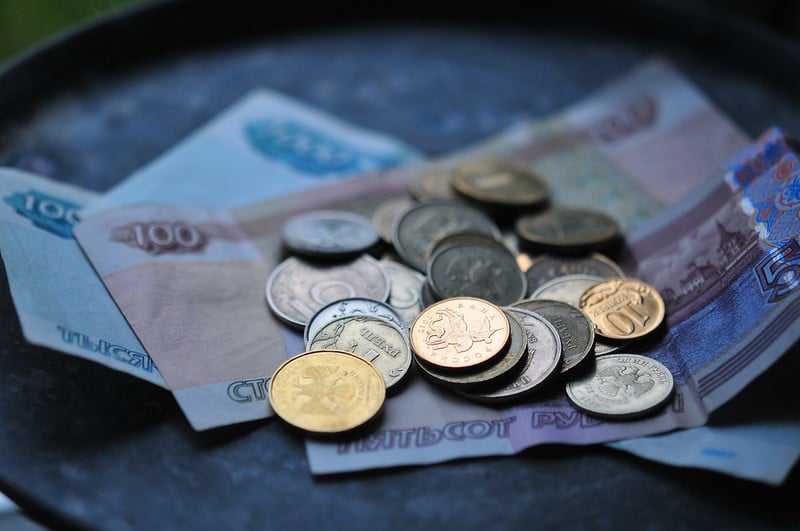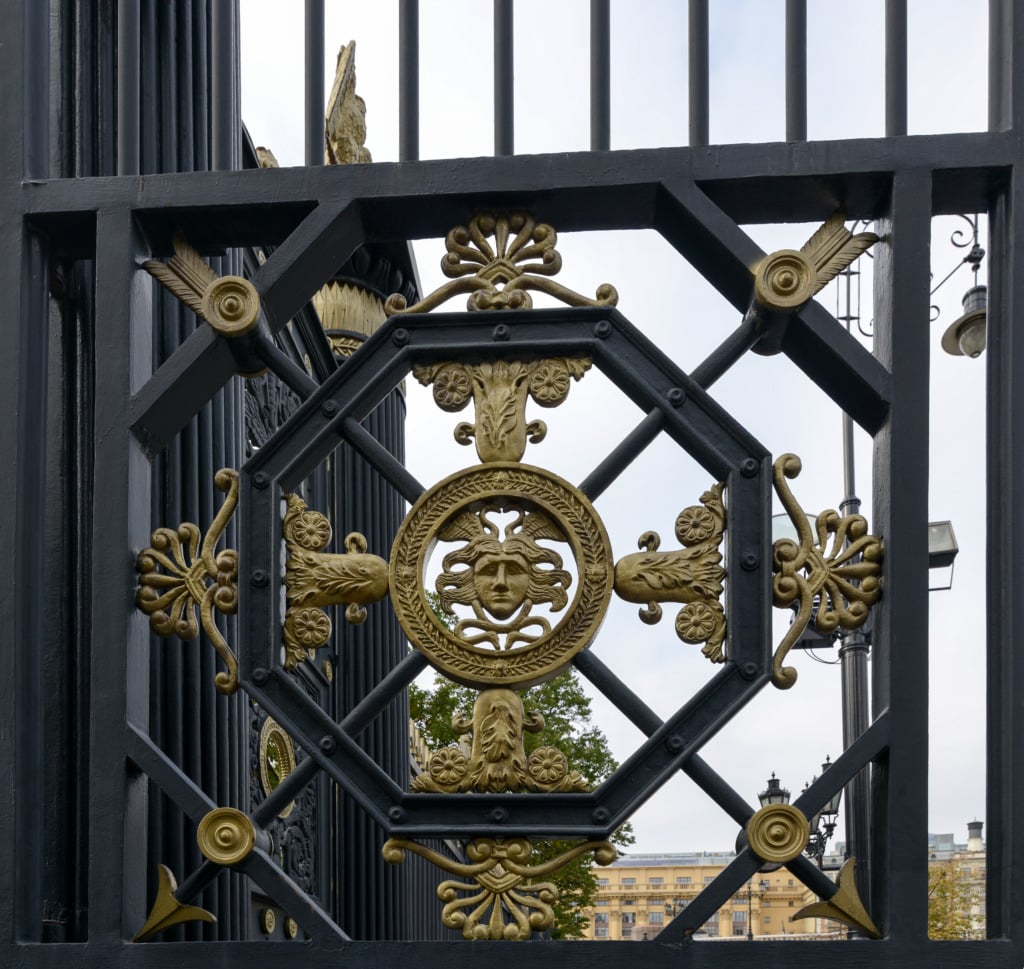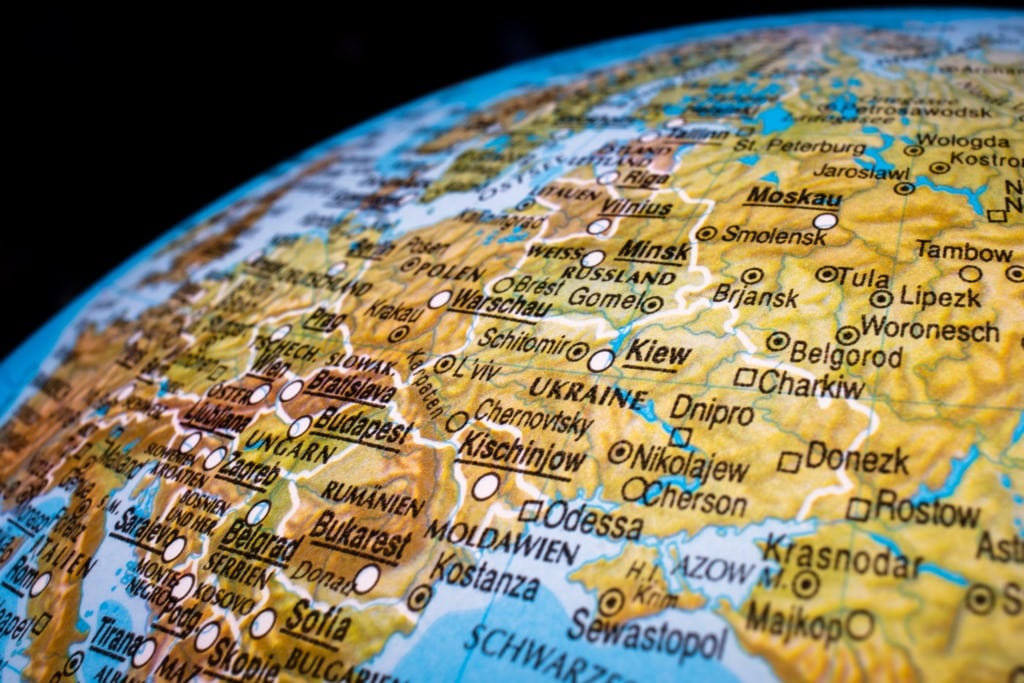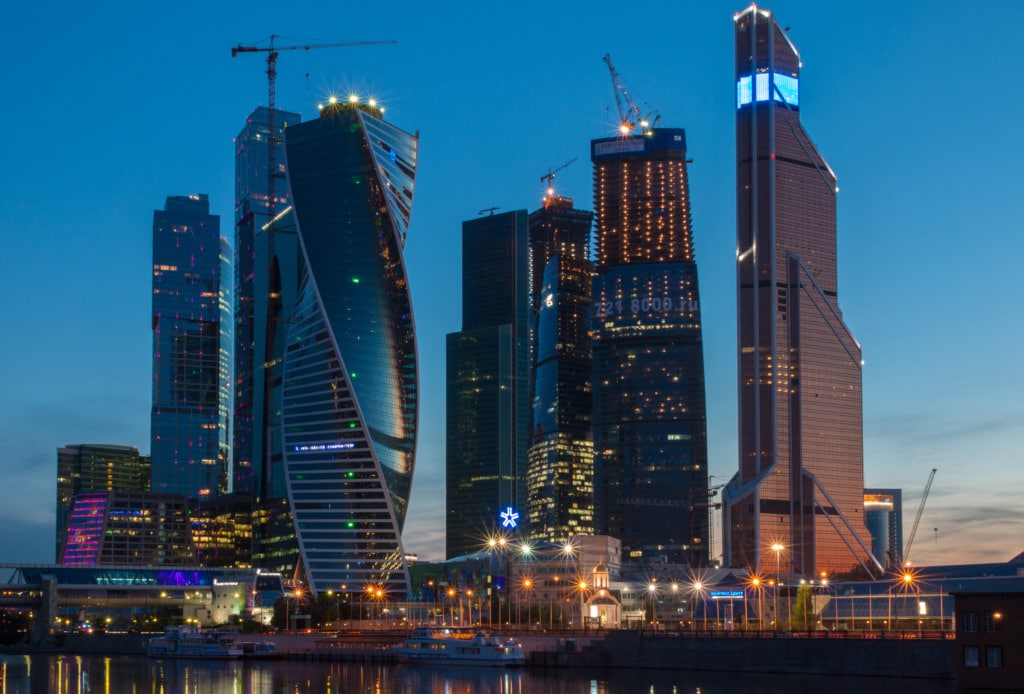Federal Court Enjoins New Jersey Statute Sanctioning Russia
Following Russia’s full-scale invasion of Ukraine in 2022, New Jersey enacted a statute (the “Russia Act”) prohibiting state agencies and political subdivisions from doing business with entities engaged in “prohibited activities” in Russia. In Kyocera Document Sols. Am., Inc. v. Div. of Admin., district court judge Robert H. Kirsch held that the statute is preempted…
Continue ReadingRussia Continues Pressing Sovereignty Claims in the Yukos Award Saga
Yukos Oil Company (“Yukos”) shareholders’ attempts to enforce their $50 billion arbitral award against the Russian Federation are moving forward in the U.S. District Court for the District of Columbia. On November 17, 2023, Judge Beryl Howell denied Russia’s motion to dismiss the case for lack of subject matter jurisdiction under the Foreign Sovereign Immunities…
Continue ReadingDomestic Litigation and Compensation to Ukrainian Victims of Russian Aggression
Many proposals to compensate Ukrainian victims of Russian aggression do not directly involve domestic courts, in part because foreign sovereign immunity poses significant obstacles to such litigation. There are, however, important cases against Russia currently pending in Ukrainian courts. These cases were the subject of a recent session held in Lviv, Ukraine, as part of…
Continue ReadingSmagin‘s Surprises
Last week’s decision in Yegiazaryan v. Smagin was surprising in a number of respects, from the line-up of the Justices to the possible shift it signals in the presumption against extraterritoriality.
Continue ReadingSanctions Against Russia and Section 1782 Discovery
Since the “military operation” in Ukraine began in 2022, Russia has become the most sanctioned country in the world. U.S. blocking and sectoral sanctions now cover numerous Russian entities, especially banks, which were the most active litigants in transnational disputes. The U.S.-Russia relationship is probably at its worst in 30 years, and Russia has officially…
Continue ReadingNew Scholarship on Sanctions and Central Bank Immunity
Ingrid has a new paper out on recent developments in central bank immunity, focusing on sanctions by the United States and other countries involving Russian, Afghan, and Venezuelan central bank assets and their relationship to immunity. Some of the issues addressed in the paper involve transnational litigation in U.S. courts, including the entitlement of sovereign…
Continue ReadingThe Impossibility of Serving Russian Defendants
The Hague Service Convention is a blessing and a curse. By obligating each country that has joined to designate a Central Authority for effectuating service of process on defendants within its territory, the Convention provides a means of service that respects foreign sovereignty, complies with federal rules, and helps ensure the enforceability of resulting judgments….
Continue ReadingServing Defendants in Ukrainian Territory Occupied by Russia
Both Russia and Ukraine are member states of the 1965 Convention on the Service Abroad of Judicial and Extrajudicial Documents in Civil or Commercial Matters (Hague Service Convention (HSC)). After Russia occupied the Autonomous Republic of Crimea and its capital city, Sevastopol, and exercised control over certain areas of Ukraine (the “Occupied Areas”), Ukraine filed…
Continue ReadingCert Petition Highlights Split on Extraterritorial Application of Civil RICO
In RJR Nabisco v. European Community (2016), the Supreme Court held that RICO’s civil cause of action requires a domestic injury to business or property. The Court noted, however, that “[t]he application of this rule in any given case will not always be self-evident, as disputes may arise as to whether a particular alleged injury…
Continue ReadingHow Congress Should Designate Russia a State Sponsor of Terrorism
Cross Posted at Just Security Appearing before the United Nations General Assembly late last week, Ukrainian President Volodymyr Zelenskyy renewed his call for the designation of Russia as a state sponsor of terrorism. Proponents of the designation argue that it would ratchet up sanctions–making it more difficult for Russia to continue the war against Ukraine–and…
Continue Reading
